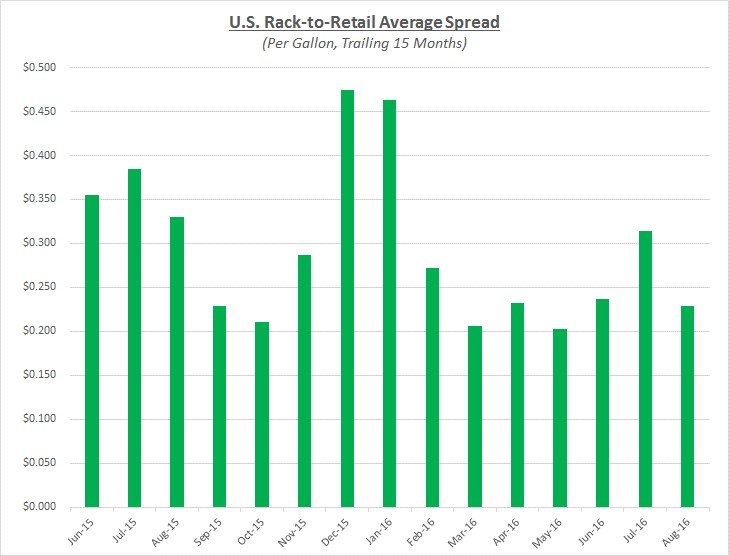Periodically throughout the year, Sokolis gathers all of the changes made to taxes charged for fuel. It’s a tedious task to sift through the information scattered across the internet for each state. Even though there are web sites that consolidate fuel tax rates in one place, identifying potential exemptions takes more research than just glancing at summarized data. That usually means a visit to a state’s site and digging into their tax regulations.
Since most of you typically would not need to do this type of research, you may not be aware of some opportunities to save on fuel taxes. However, this is not an all-inclusive guide because that’s just not possible considering tax rates and exemptions are complicated by multiple jurisdictions, fuel types, industries, and other factors. Specific situations require additional research, but when you purchase fuel and pay Federal and state excise taxes, consider whether there could be an opportunity to submit a claim for a tax refund if the fuel is used for exempt purposes.
Probably the most common tax exemption is when fuel is used for an off-road business purpose. Construction equipment, moffetts, farm machinery and generators are all good examples of off-road usage. Less obvious usage occurs with equipment mounted to an on-road vehicle such as a pump, mixer, compactor, reefer unit or other PTO device. Also, in a 2014 memo, the IRS surprisingly concluded that diesel fuel consumed by a diesel particulate filter in newer engines may be exempted from tax.
In order to claim a refund for fuel taxes, it’s important to keep in mind that fuel purchased to operate exempt equipment generally needs to be tracked separately from the fuel used to propel an on-road vehicle. The best way to approach this is through a separate fueling transaction with a separate receipt. In addition, for equipment mounted to an on-road vehicle, many states require the exempt fuel to be stored in a separate tank so it is not drawn from the same fuel used to propel the vehicle. However, there are some exceptions where a reasonable estimate of off-road fuel consumption may be allowed. Otherwise, it can be an operational challenge to ensure your drivers take the time to isolate their fueling activity.
Companies that purchase substantial quantities of diesel fuel for off-road usage often make arrangements to purchase dyed fuel so they can avoid paying the taxes up front. The purpose of the dye in the fuel is to make it easy to see that the taxes have not been paid. Significant penalties can be incurred if a law enforcement agency finds dyed fuel in an on-road tank.
Purchasing dyed fuel eliminates the need to file a claim for a refund. For companies with smaller amounts of off-road usage who don’t purchase dyed fuel, they may not feel it’s worth the time and effort to claim the refund. However, with combined Federal and state taxes averaging over 50 cents/gallon for diesel fuel, that they may missing out on a significant refund.
IRS Form 8849 is used for obtaining refunds of Federal excise tax and many states use similar forms. As far as time and effort goes, believe it or not, these forms are actually not that complicated to prepare. The hardest part is making sure you have the proper procedures in place to support your claim.
It’s important to mention again that every situation needs to be looked at closely because, in most states, excise taxes and sales taxes are mutually exclusive for fuel. That means if you are able to claim fuel is exempt from excise tax, then the fuel may become subject to sales tax. Depending on the price of fuel and the state’s sales tax rate, the offsetting state taxes may net to zero. You might even owe more state sales tax than you could get back in state excise tax. In those cases, no action should be taken to claim a refund for the state excise tax. Don’t let that discourage you because there is still an opportunity to claim a refund for Federal excise tax. At just over 18 cents per gallon for gasoline and 24 cents for diesel fuel, the refund dollars can still add up quick.
Please feel free to contact Conor Proud at Sokolis, [email protected] or 267-482-6159, if you have a fuel tax situation that you would like to discuss further. We are the nation’s leading independent fuel management consulting team and can help you avoid overpaying taxes on fuel.
